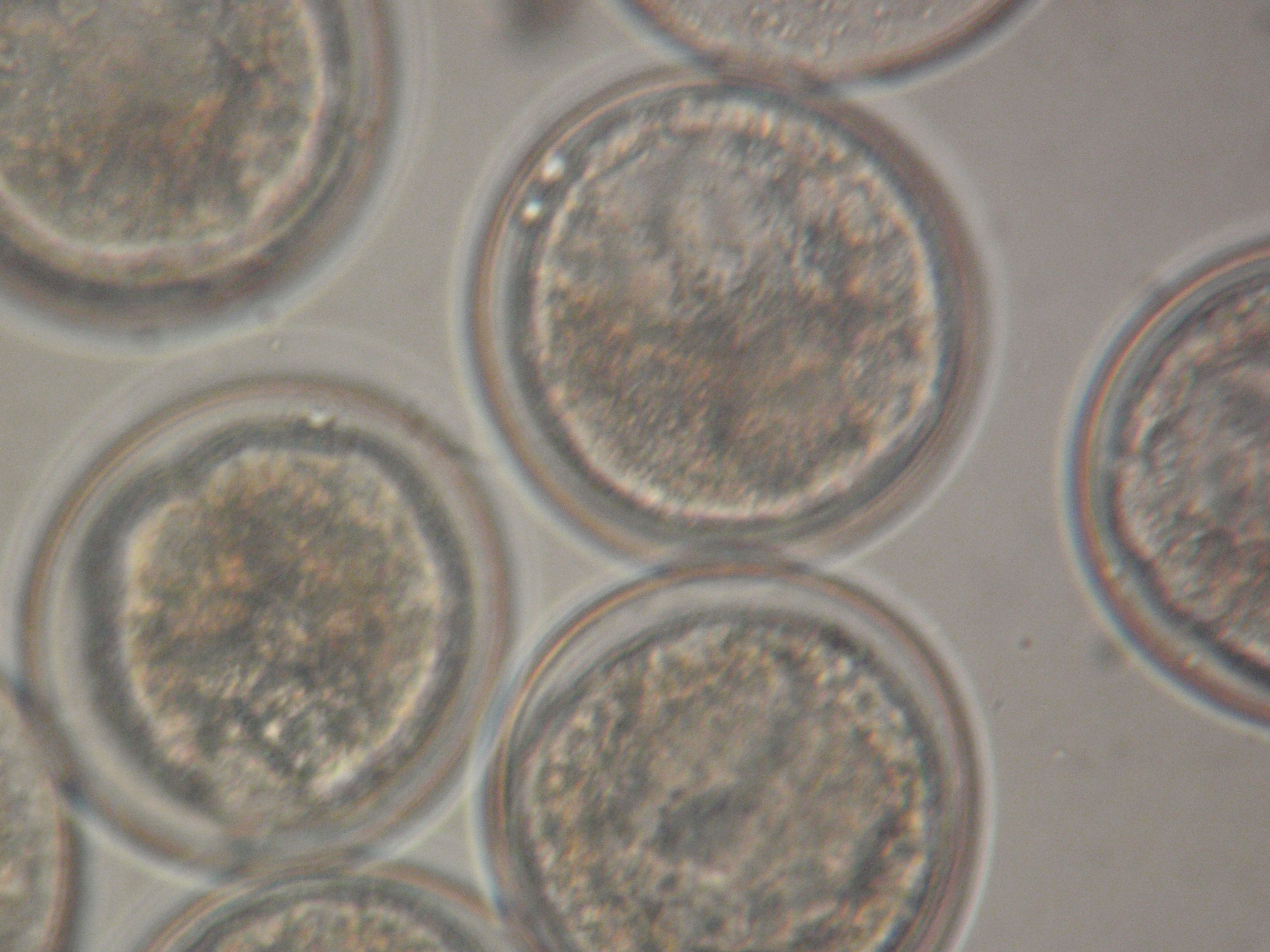On 1 February 2016 the Human Fertilisation and Embryology Authority (HFEA) approved an application from the Francis Crick Institute for a research licence that includes gene editing on embryos. A condition to the licence is added that no gene editing research may take place until the research has received research ethics approval. Moreover, it is still illegal to transfer the gene-edited embryos into a woman.[i]
The Francis Crick Institute wants to alter genes that are active in the first few days after fertilization. The embryos will be destroyed after seven days and that is when the experiments will stop. This research will be important for understanding how a healthy human embryo develops. Scientists want to gain knowledge about the genes that are crucial for healthy cell division. Scientists believe that faulty genetic code could be a reason that fertilised eggs do not develop properly. If scientists can screen out the embryos with faulty genetic code, it can prevent miscarriages and aids fertility.[ii] The researched embryos are donated embryos from patients that are a surplus to their IVF treatment. The patients have given their informed consent to the donation of these embryos.[iii]
It is the world’s first approval of such research by a national regulatory authority. A stem-cell biologist at Boston Children’s Hospital believes this approval is a strong precedent for allowing this type of research to go forward. A bioethicist of the University of Edinburgh believes that this decision will be a good example to other countries in a way that there can be a well-regulated system that is able to make a distinction between research and reproduction.[iv]
Although it is still illegal to transfer the gene-edited embryos into a woman, some people are thinking about designer babies. The Crick Institute’s Lovell-Badge is worried about how the gene-editing technique might be applied outside the United Kingdom. In the United States for example, IVF clinics are not regulated. This means that any private IVF clinic could theoretically promise future parents their own customized baby.[v] Worries about the lack of regulation in the United States in this field are also expressed in this article.
__________________________________________________________
[i] ‘HFEA approves licence application to use gene editing in research’, hfea.gov.uk, 1 February 2016. Available at http://www.hfea.gov.uk/10187.html
[ii] Sarah Knapton, ‘British scientists granted permission to gentically modify human embryos’, telegraph.co.uk, 1 February 2016. Available at http://www.telegraph.co.uk/news/science/science-news/12133410/British-scientists-granted-permission-to-genetically-modify-human-embryos.html
[iii] ‘HFEA approval for new “gene editing” techniques’, crick.ac.uk, 1 February 2016. Available at https://www.crick.ac.uk/news/science-news/2016/02/01/hfea-decision/
[iv] Ewen Callaway, ‘UK scientists gain licence to edit genes in human embryos’, nature.com, 1 February 2016. Available at http://www.nature.com/news/uk-scientists-gain-licence-to-edit-genes-in-human-embryos-1.19270
[v] Alice Park, ‘U.K. Approves First Studies of New Gene Editing Technique CRISPR on Human Embryos’, time.com, 1 February 2016. Available at http://time.com/4200695/crispr-new-gene-editing-on-human-embryos-approved/








